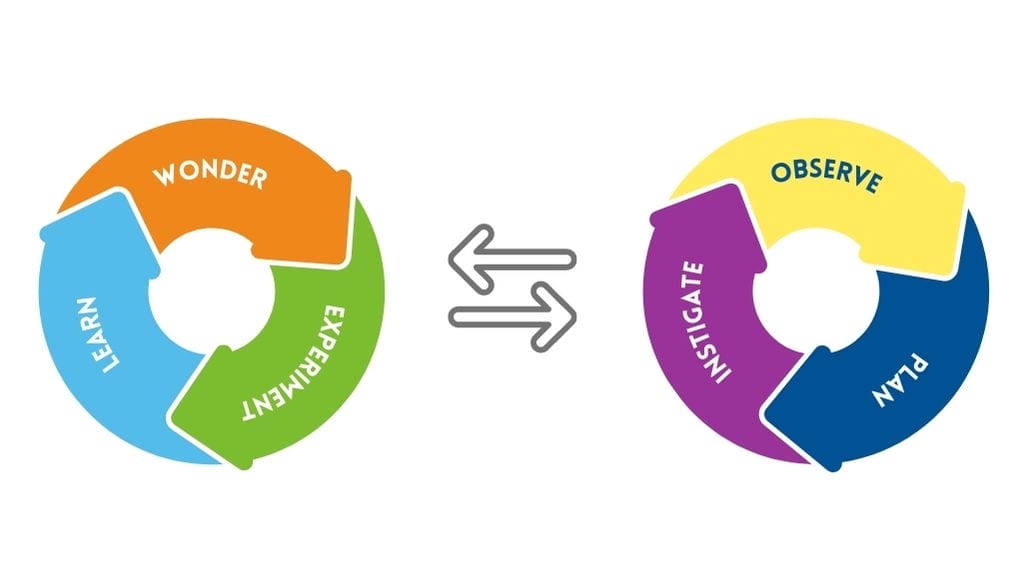May 27, 2015
(Headshot courtesy of Robert Gehorsam)
 Robert Gehorsam is Executive Director of the Institute of Play and is responsible for overseeing all that the Institute is and does. For over 30 years, he has led organizations that are breaking new ground in games, educational technology and digital media. He was previously CEO of Image Metrics, a technology company focused on creating compelling interactive experiences through innovations in computer vision and facial analysis. As a founder and President at Forterra Systems, Inc., he oversaw the creation and growth of a pioneering “serious games” platform that is used by a wide range of learning organizations. Before founding Forterra Systems, he served in senior executive positions at the Viacom/CBS Internet Group and Sony Online Entertainment, and led Scholastic’s New Media Group.
Robert Gehorsam is Executive Director of the Institute of Play and is responsible for overseeing all that the Institute is and does. For over 30 years, he has led organizations that are breaking new ground in games, educational technology and digital media. He was previously CEO of Image Metrics, a technology company focused on creating compelling interactive experiences through innovations in computer vision and facial analysis. As a founder and President at Forterra Systems, Inc., he oversaw the creation and growth of a pioneering “serious games” platform that is used by a wide range of learning organizations. Before founding Forterra Systems, he served in senior executive positions at the Viacom/CBS Internet Group and Sony Online Entertainment, and led Scholastic’s New Media Group.
Learn more about Mr Gehorsam and the Institute of Play here. Inspired Teaching recently spoke with Mr. Gehorsam to ask him how learning through play prepares students for success. Below is an excerpt from our conversation.
How does learning through play enable children to succeed academically and prepare them for the future?
Today’s students will grow up into a world that is remarkably different from the one we live in today. We don’t know what they will need to know. Teaching today is like aiming at a fast-moving, unpredictable target. We can’t simply tell students what to learn anymore, we need to continuously teach them how to learn. In our work at schools like Quest to Learn, we’ve used play, games, and game design to create student-centered learning environments that foster independent thinking and develop the skills and practices of lifelong learning.
Play nurtures creativity, collaboration, and critical thinking. It gives us the freedom to take risks, test the consequences of different actions, and iterate until a goal is achieved. And play isn’t just for young learners; it can help teachers transform instruction in order to foster deeper inquiry and engagement. We use a set of guiding principles – our principles of game-like learning – to bring the power of play into the way we teach and learn. You can see how these principles come to life in the classroom, and the impact they have on teachers and learners, in our Made With Play series of videos and blogs on Edutopia.
How do you capture the depth and breadth of student learning in assessments?
Performance-based assessments that challenge students to apply skills instead of just recalling information are one tool that we use to understand how students are learning, and to assess those critical higher-order thinking and reasoning skills. Performance tasks, especially where students are designing some sort of product, are embedded throughout the curriculum at Quest to Learn, and are often part of a playful learning experience. And in order to better align assessment to teaching and learning, Quest to Learn is an early adopter of the College Work Readiness Assessment, a performance-based test that is designed to measure critical thinking, problem solving, written communication, and analytical skills. This provides strong evidence that students graduate from the school with the skills they need to succeed in college and career.
Games can also be used to assess both what students know and how they think. Both digital and non-digital (card, board, discussion-based) games can provide data about the choices students make during game play, which provides teachers with many opportunities for formative assessment. Games also provide immediate feedback to students about their choices, so they can take control of their own learning. This can free the teacher up to evaluate more than just content knowledge and skills, for a deeper understanding of what students are learning.
What are promising ways forward in promoting learning through play?
In order to promote playful education, we have to start with playful teaching. Play is about creativity, collaboration, experimentation, and innovation. The most powerful way to create an impact is to give teachers spaces and structures where they are free to collaborate, experiment, and innovate.
For example, in Institute of Play’s flagship professional development program, TeacherQuest, teachers play games, modify games, and then work in teams to design, prototype, and playtest a learning game of their own. When teachers simultaneously step into the roles of a player and a game designer, it is transformative: they are experiencing first-hand the kind of learning they want their students to experience, and they are also honing their own 21st century skills through the design process. And the effects are far-reaching: Teachers who participate in this program overwhelmingly report that they are able to increase student engagement, increase their effectiveness as an educator, and better reach Common Core Standards.
What’s striking is the way that games are really a wonderful embodiment of inquiry-based learning, project-based learning, and all of these other powerful teaching practices that are grounded in research about how students learn best.



















